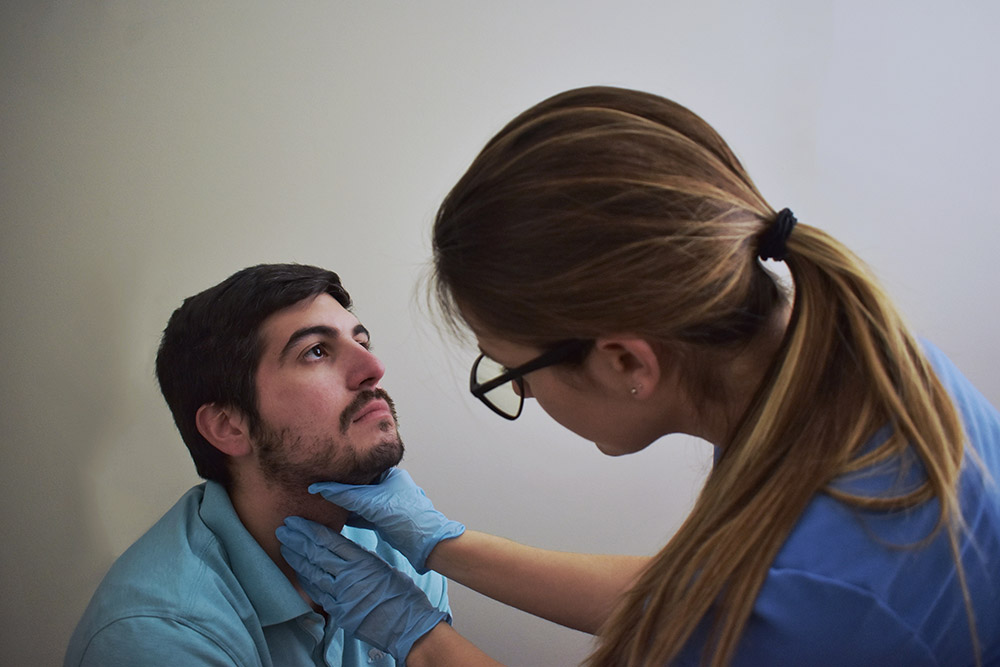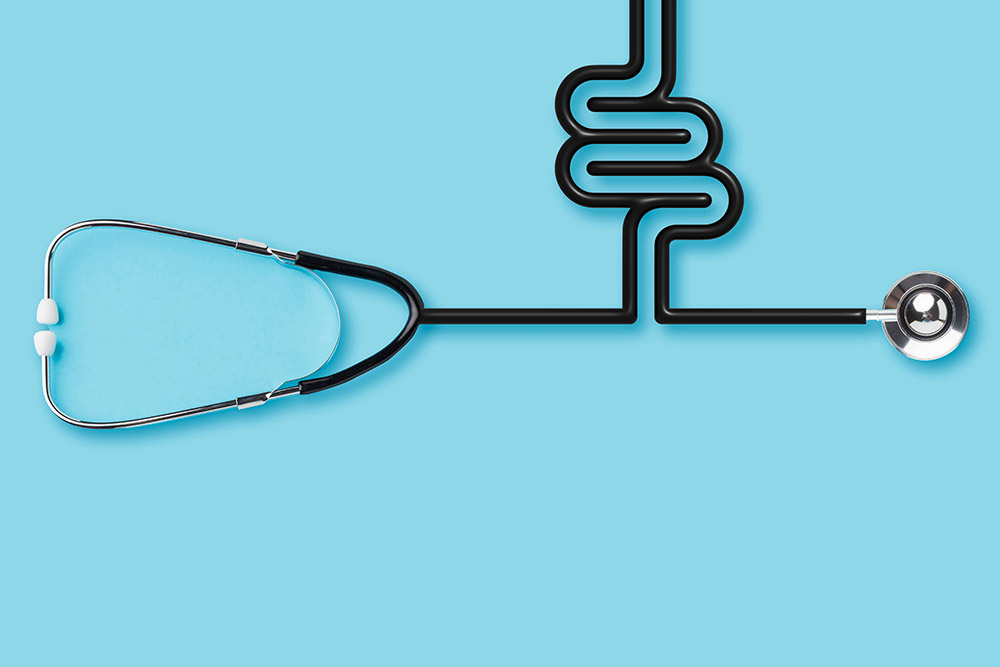What Is a Hiatal Hernia?
A hiatal hernia occurs when part of the stomach pushes up through the diaphragm into the chest cavity, often leading to reflux and chest discomfort.
Common Causes and Risk Factors
- Increased abdominal pressure from heavy lifting
- Straining during bowel movements
- Chronic coughing or sneezing
- Pregnancy
- Obesity or rapid weight gain
- Age-related muscle weakening of the diaphragm
Signs and Symptoms
- Frequent heartburn or acid reflux
- Chest or throat burning sensation
- Regurgitation of food or sour liquid
- Bloating and excessive burping
- Difficulty swallowing (dysphagia)
- Chest tightness, especially after meals
Expert Treatment for Hiatal Hernia by Dr. Bharat Pothuri
Dr. Pothuri uses a step-by-step approach:
Medical History and Physical Exam
He reviews your symptoms-heartburn, chest or epigastric pain, regurgitation, bloating-and examines your abdomen and chest to look for tenderness or signs of reflux.
Upper Endoscopy (EGD)
A thin, flexible scope with a camera is passed through your mouth to directly visualize the esophagus, stomach and diaphragm opening. This identifies a hiatal hernia, inflammation or ulcers.
Imaging Studies
- Barium Swallow X-Ray: You swallow a barium solution, which coats the upper GI tract on X-ray to show the size and position of the hernia.
- Esophageal Manometry: A small pressure catheter measures muscle contractions and the function of the lower esophageal sphincter to detect motility disorders.
Advanced Testing (if needed)
24-Hour pH Monitoring: A thin probe records acid exposure in your esophagus over a day to confirm reflux severity and correlate it with your symptoms.
Frequently Asked Questions
What are common symptoms of a hiatal hernia?
Heartburn, chest pain, difficulty swallowing, bloating, and burping are common signs to watch for.
Is a hiatal hernia the same as acid reflux?
No. A hiatal hernia occurs when part of the stomach moves into the chest. Acid reflux is stomach acid backing up into the esophagus. They often happen together.
Can I feel better without surgery?
Yes. Many patients improve with lifestyle adjustments, diet changes, and medications prescribed by Dr. Pothuri.
How long does recovery from hernia surgery take?
Most people feel better within 1 to 2 weeks. Complete healing generally takes about 6 weeks.
When should I see a specialist for hiatal hernia symptoms?
See Dr. Pothuri if symptoms persist or worsen despite home care and medications.
Do diet changes really help?
Yes. Eating smaller meals, avoiding trigger foods, and not lying down after eating can reduce pressure and discomfort.
Why choose Dr. Bharat Pothuri?
He is a board-certified gastroenterologist with over 15 years of experience, offering personalized care and the latest treatments for lasting relief.












